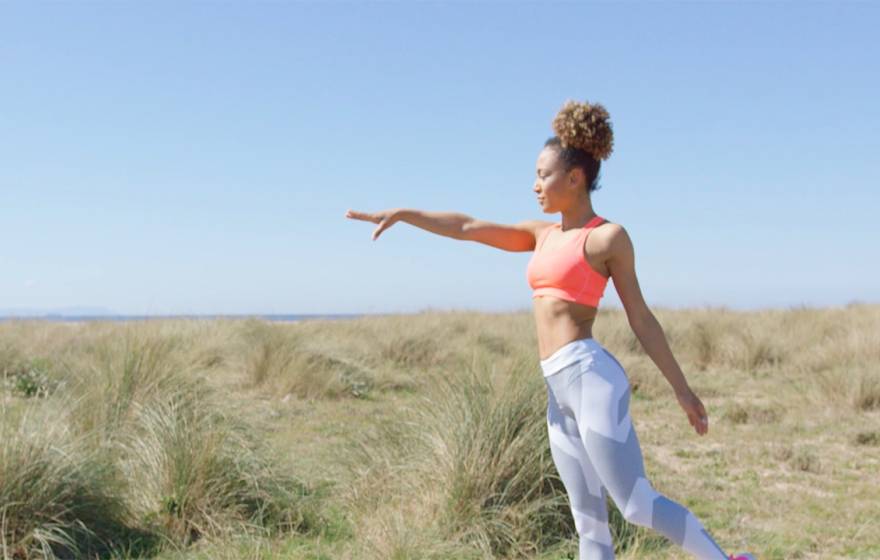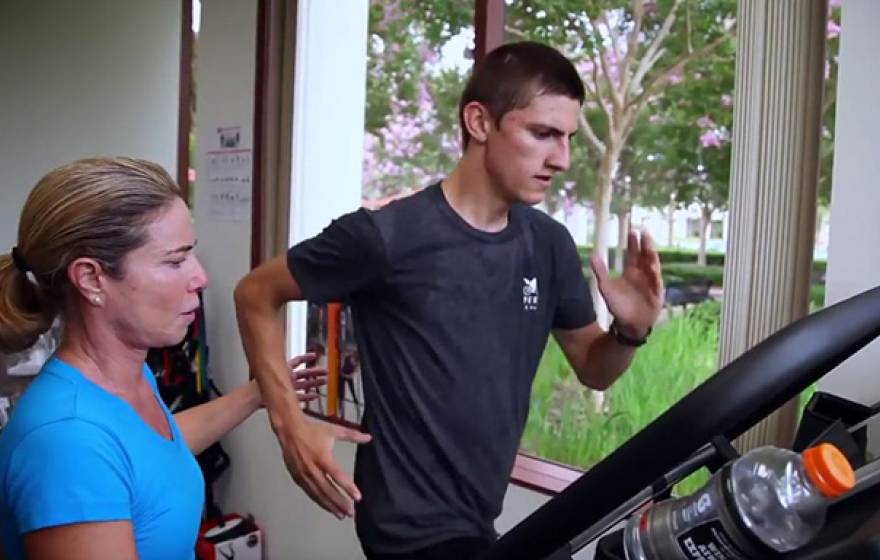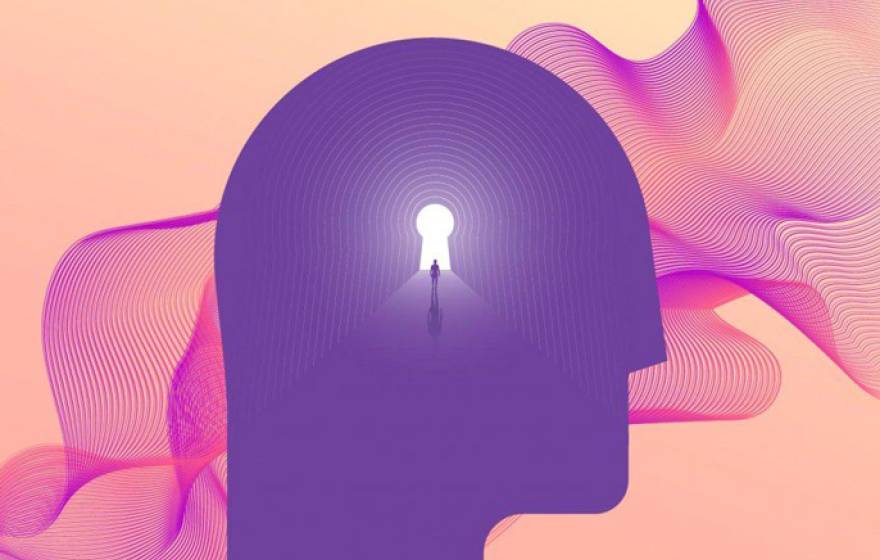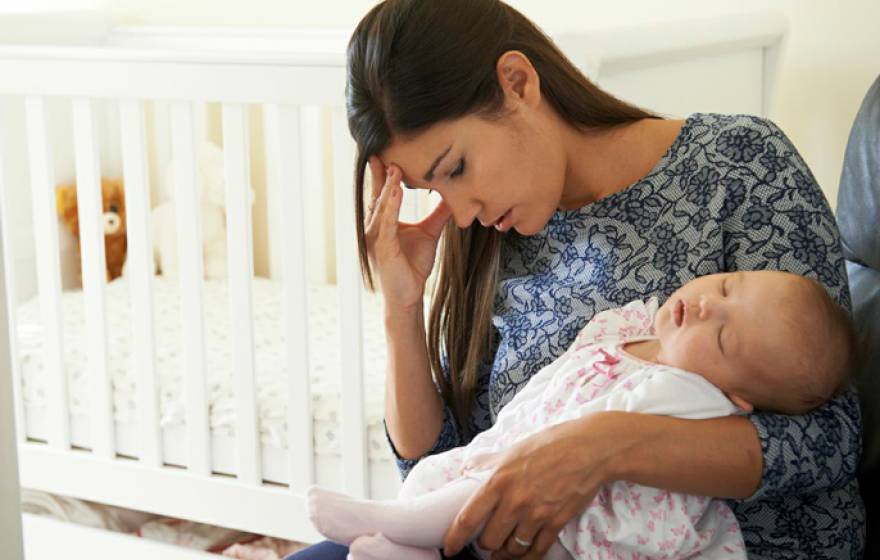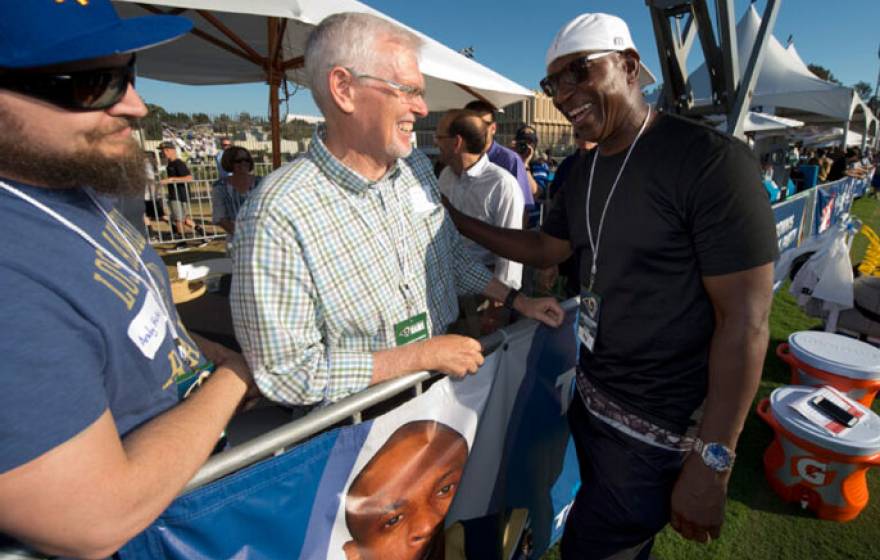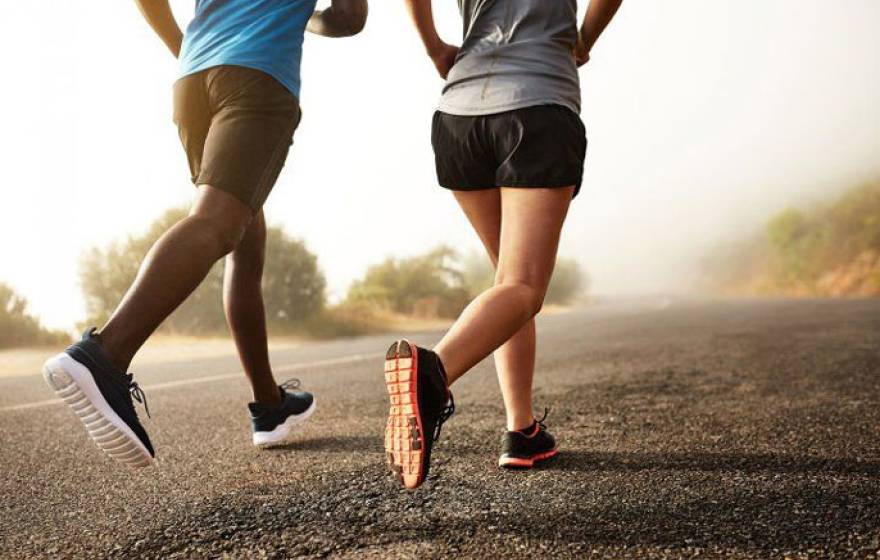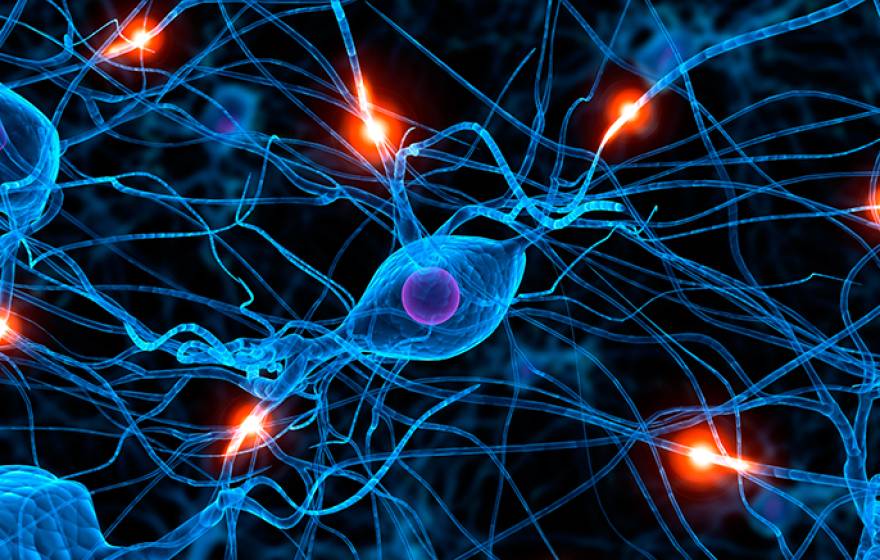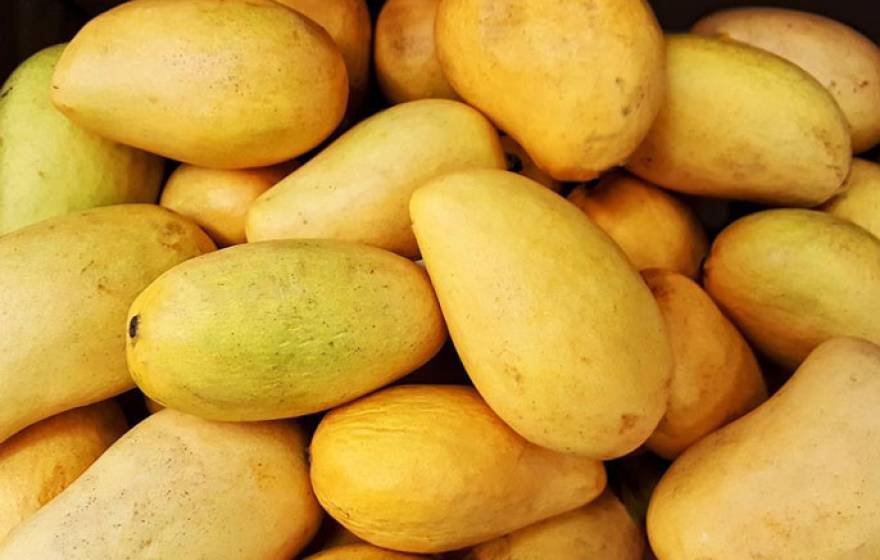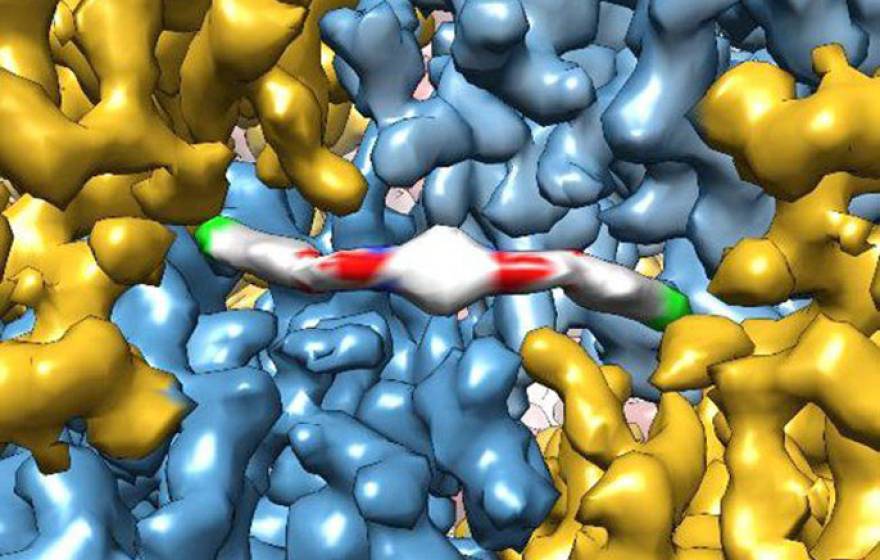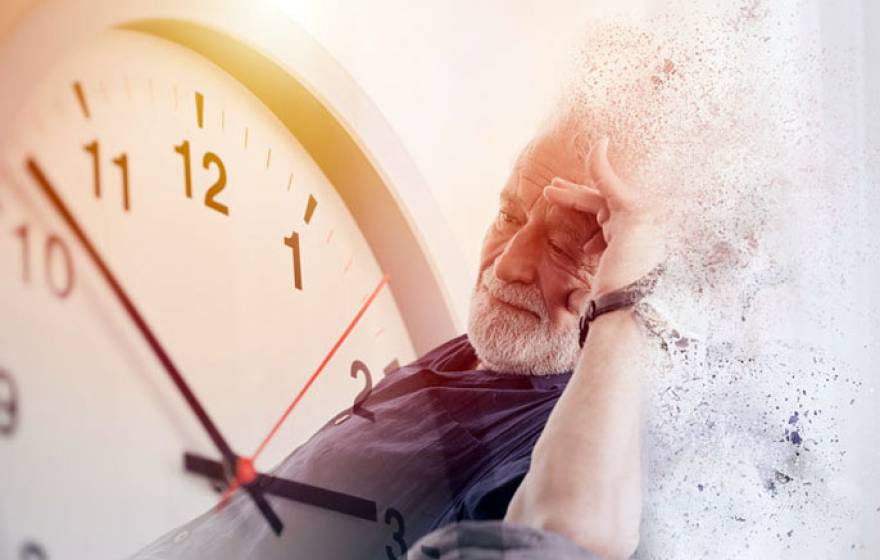During any other year, these groundbreaking advances would have been big news. Here’s some of what you may have missed while you were busy washing your hands.
The ultimate guide to staying safe in the sun
July is UV Safety Awareness Month. Everything you need to know to protect yourself is right here.
How exercise influences health
UC researchers take part in national study to identify molecules that contribute to improved health.
Can this controversial new drug curb Alzheimer’s disease?
It’s complicated, but for some patients, there’s reason to be optimistic about aducanumab, the treatment that made waves upon receiving FDA approval this summer.
Sleep loss in new moms linked to accelerated aging
Too little sleep in the first six months after birth can add 3 to 7 years to a woman’s ‘biological age,’ scientists report.
Aging with vitality
New class examines how and why physical activity can work better than pills.
To keep a sharp mind, start thinking of heart health in your 20s
Obesity, hypertension and high glucose in early adulthood may take a heavy toll on cognition late in life, UCSF-led study shows.
Could gene therapy halt the progression of Alzheimer’s disease? A first-in-human clinical trial will seek answers
Earlier animal studies suggest the restorative gene treatment may slow, prevent or reverse progression of the disorder.
Can eating mangoes reduce women’s facial wrinkles?
A pilot study shows eating mangoes — but not too many mangoes — may have promising results.
Drug reverses age-related mental decline within days
Rapid rejuvenation in mice suggests physiological — and removable — blockages may be behind certain cognitive issues.
Why you should never feel guilty about getting a good night’s sleep
UCLA researchers behind a new study on the human brain say ‘sleep is as important as food.’
How we sleep today may forecast when Alzheimer’s disease begins
Get some more sleep — deep, restorative slumber may defend against virulent dementia.

